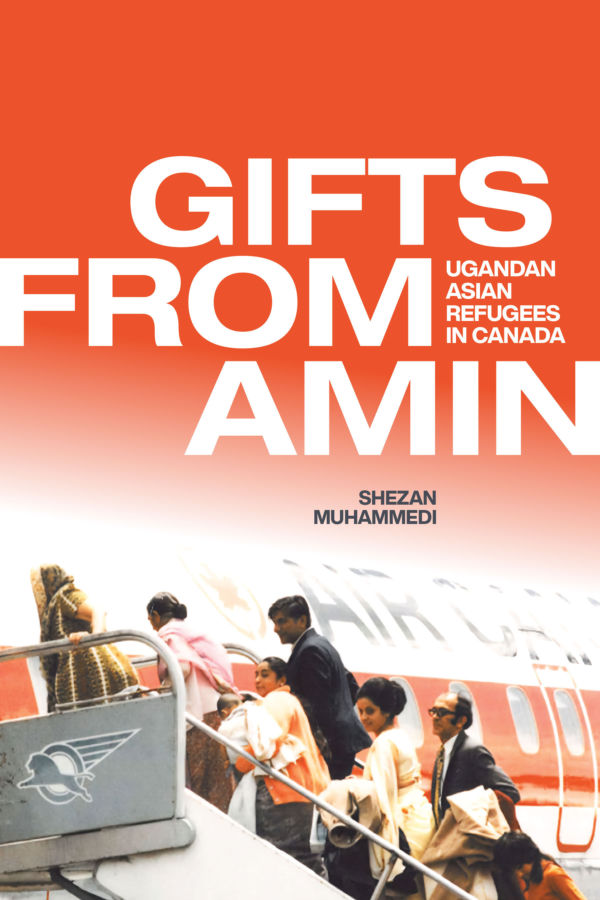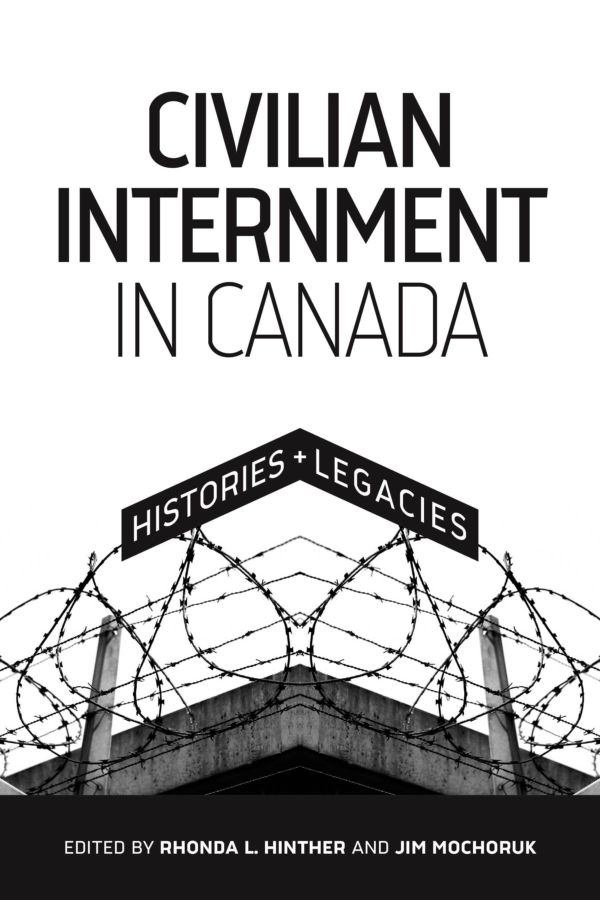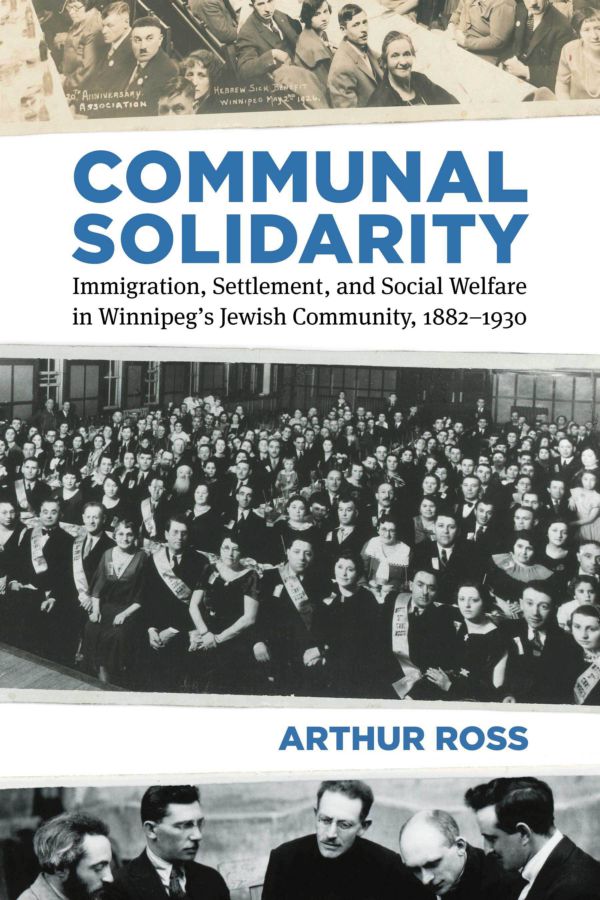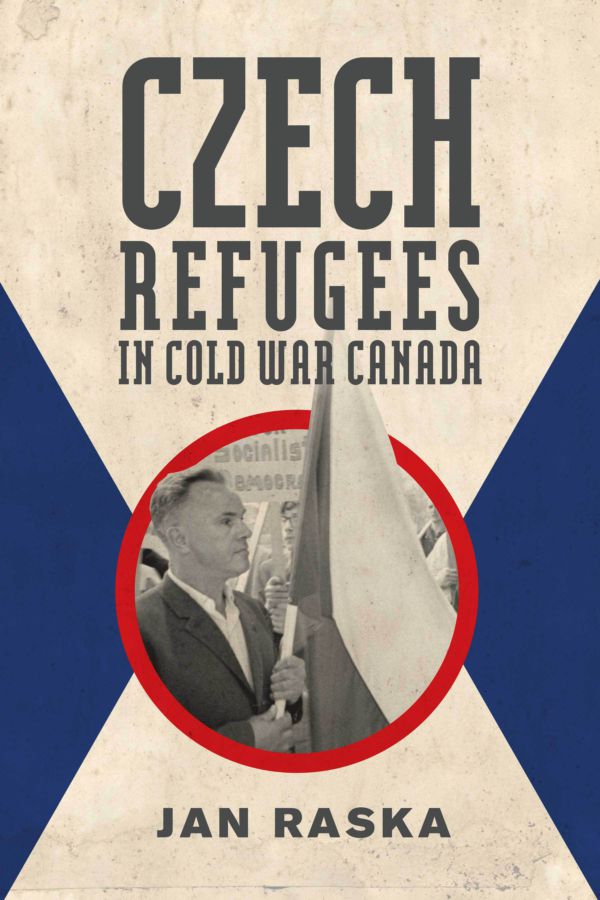Overview
Being German Canadian explores how multi-generational families and groups have interacted and shaped each other’s integration and adaptation in Canadian society, focusing on the experiences, histories, and memories of German immigrants and their descendants.
As one of Canada’s largest ethnic groups, German Canadians allow for a variety of longitudinal and multi-generational studies that explore how different generations have negotiated and transmitted diverse individual experiences, collective memories, and national narratives. Drawing on recent research in memory and migration studies, this volume studies how twentieth-century violence shaped the integration of immigrants and their descendants. More broadly, the collection seeks to document the state of the field in German-Canadian history.
Being German Canadian brings together senior and junior scholars from History and related disciplines to investigate the relationship between, and significance of, the concepts of generation and memory for the study of immigration and ethnic history. It aims to move immigration historiography towards exploring the often fraught relationship among different immigrant generations—whether generation is defined according to age cohort or era of arrival.
Reviews
"This collection opens the door to new horizons without discarding traditional and continuing questions of belonging and cultural heritage."
Matthias Zimmer, Journal of Multilingual and Multicultural Development
"The meticulously researched and detailed articles are effectively interwoven. The treatment of diverse subject matters emerges as a political and socio-historical kaleidoscope which imparts valid and inspiring insights into different facets of the ’German story of Canada’."
Wolfgang Klooß, Zeitschrift für Kanada-Studien
"This stimulating collection positions the history of “German Canadians” squarely in the field of migration and memory studies, making a strong case for the study of intergenerational exchanges and interactions and the salience of “generations” as an analytical concept. Memory and generation serve as the proverbial red threads that tie together the volume, lending it an admirable cohesiveness."
Barbara Lorenzkowski, Histoire sociale / Social History
“Being German Canadian is a refreshing collection of essays by seasoned academics and graduate students… Individual authors draw points of connection or divergence with other chapters with depth not often found in collections. Freund’s excellent introduction introduces us to the themes of memories and generations, which reappear in the essays that follow… The essays paint a vivid picture of how individual and collective memories continue to shape the sense of who we are, and the burden of memory—for both the glories and the failures of the past—is not unique to German Canadians.”
Hans Werner, University of Toronto Quarterly
"The book offers a wide-ranging and thought-provoking exploration of the German Canadian experience, serving as a valuable resource for scholars and researchers interested in immigration, ethnicity, memory studies, Canadian history, and German Canadian history. It contributes to the ongoing dialogue on ethnocultural identity and the complexities of intergenerational memory, enriching our understanding of the diverse experiences of immigrant communities in Canada.”
Myka Burke, Max Kade Institute
About the Author
Other contributors: Karen Brglez, Christine Ensslen, Patrick Farges, Sara Frankenberger, Roger Frie, Alexander Freund, Anke Patzelt, Robert Teigrob, Elliot Worsfold
Table of Contents
Intro—Heavy Baggage: Memory and Generation in Ethnic History
Ch. 1—A Flying Piano and Then—Silence: German-Canadian Memories of the Great War
Ch. 2—One Fuhrer, Two Kings: A Canadian Prime Minister in Nazi Germany and the Dilemma of Responsibility
Ch. 3—A Transnational Yekkish Identity? Comparing German Jews in Canada and Israel
Ch. 4—The Roots of Ethnic Fundamentalism in German-Canadian Studies: The Case of Gottlieb Leibbrandt
Ch. 5—Gatekeeping in the Lutheran Church: Ethnicity, Generation, and Religion in 1960s Toronto
Ch. 6—Migration Trajectories and the Construction of Generational Discourses Among Contemporary German Immigrants in Ottawa in the 2000s
Ch. 7—“We Never Really Talked About It”: Second- And Third-Generation German-Canadians’ Family Memories of the Holocaust
Ch. 8—Creating Family Legacies: Descendants Memorialize Their German Female Ancestors
Epilogue—What Does it Mean to be “German-Canadian”? The Challenge of History and the Obligation of Memory






